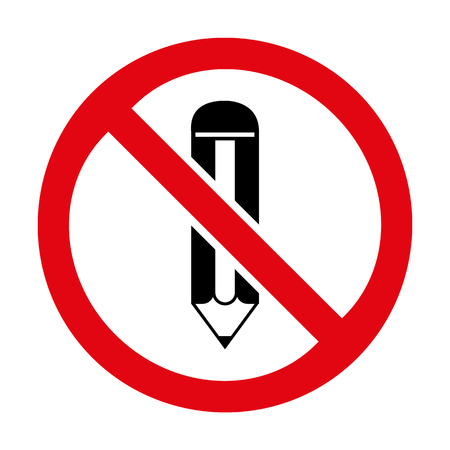
“Insincerity,” says George Orwell in his classic commentary of 70 years ago, is the “great enemy of clear language.” Political discourse is “designed to make lies sound truthful and murder respectable…”
For Orwell, insincerity was more a result of lazy writing than a deliberate attempt to conceal the truth: “…if thought corrupts language, language can also corrupt thought.”
But in his novels Animal Farm and Nineteen Eighty-Four, deceptions are deliberate.
The world has moved on since Orwell exposed doublespeak but, alas, not as he would have embraced. Insincerity is now typically intentional. Politicians use dog-whistle code to send messages heard only by a target audience. Recall Stephen Harper using old stock Canadians for people who weren’t immigrants. Meanwhile conservative Christians understand that the term family values excludes same-sex marriage.
Euphemism, the handmaiden of insincerity, afflicts commercial communication from press releases to annual reports and advertising (not that advertising was ever honest). Corporations feel they must focus on beguiling shareholders and customers.
Hence negative growth replaces shrinking profits, workforce adjustment jettisons layoffs and a major safety incident describes a fatal industrial accident. By the last example a terrorist attack could very well be reduced to a security lapse.
And where is the editor in all this? I find insincerity is off limits to our blue pencils. Unlike simple grammatical errors, which clients expect us to catch, disingenuous phrases get a free pass. Weasel words are inserted by people better paid and supposedly smarter than editors — spinmeisters, lawyers and accountants.
Most of us believe clarification is a major purpose of editing. Certainly it was in my newspaper work. Now if I reword a perplexing phrase, my advice is ignored. You learn to stay clear of no-go zones.
Mark Thompson, president of The New York Times Co., in his 2016 book1 about the decline of public language in politics, calls Orwell’s essay “the best-known and most influential reflection on public language written in English in the twentieth century.” Of today’s spectacle Thompson says: “The crisis in our politics is a crisis of political language.”
Orwell’s essay should be required reading for us all, even as more clients choose to ignore it.
~~~
Previous “Wasted Words” post: Surviving Overkill.
The Editors’ Weekly is the official blog of Editors Canada. Contact us.
1Enough Said: What’s Gone Wrong With the Language of Politics?
Discover more from The Editors' Weekly
Subscribe to get the latest posts sent to your email.
